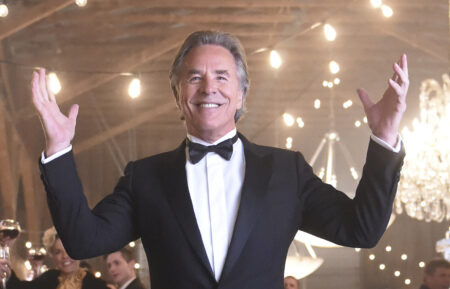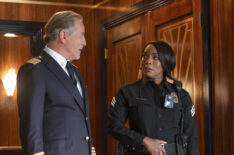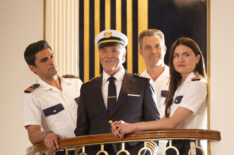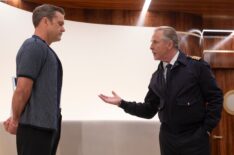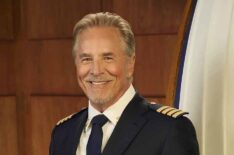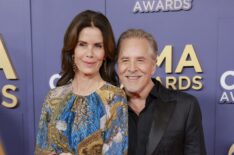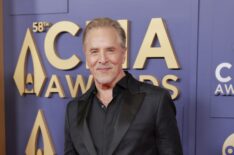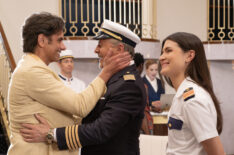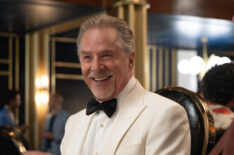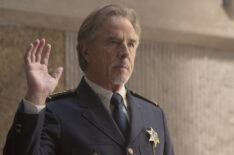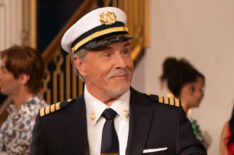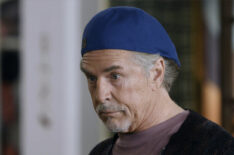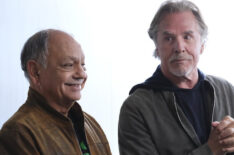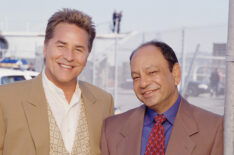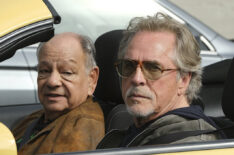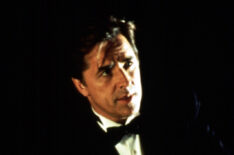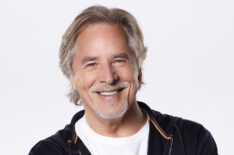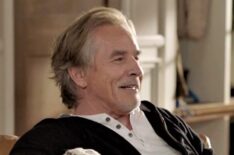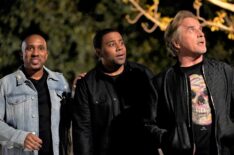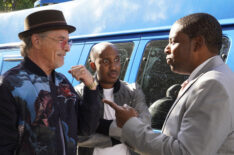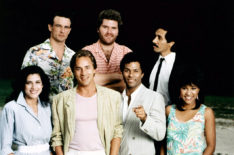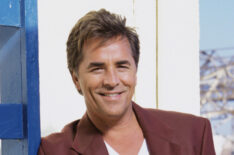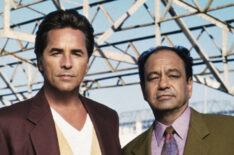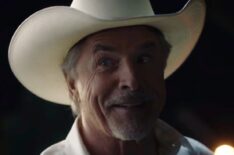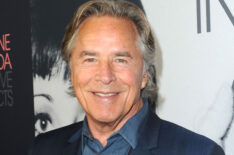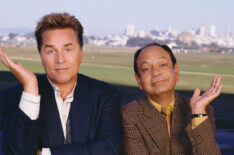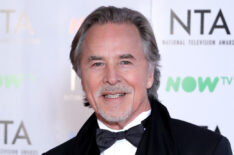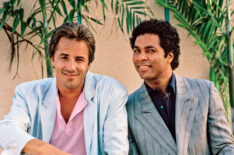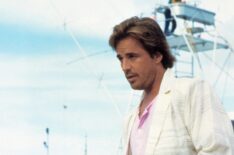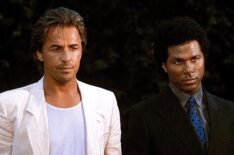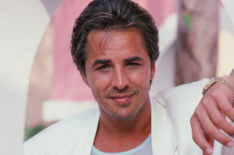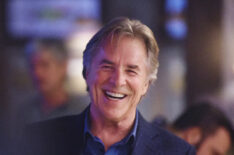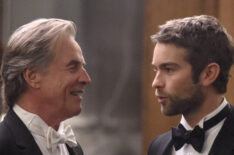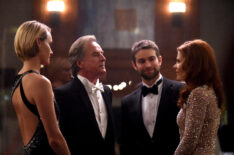Don Johnson
Credits

Doctor OdysseyStream
Actor
Captain Robert Massey
Series
2024

Doctor OdysseyStream
Executive Producer
Series
2024

Rebel RidgeStream
Actor
Chief Sandy Burnne
Movie
2024

Unit 234
Actor
Movie
2024

Live with Kelly and MarkStream
Guest
Talk
2023

Book Club: The Next ChapterStream
Actor
Arthur
Movie
2023

A Little White Lie
Actor
T. Wasserman
Movie
2023

The CollectiveStream
Actor
Liam
Movie
2023

High Heat
Actor
Ray
Movie
2022

Nick Cannon
Guest
Talk
2021

KenanStream
Actor
Rick
Series
2021
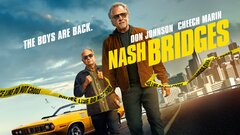
Nash BridgesStream
Actor
Nash Bridges
Movie
2021

Nash BridgesStream
Executive Producer
Movie
2021

GMA3: What You Need to Know
Guest
Show
2020
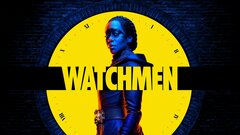
WatchmenStream
Actor
Judd Crawford
Series
2019

Retro: '80s One-Hit Wonders
Music Performer
Show
2019

Vault
Actor
Gerry
Movie
2019

Vault
Executive Producer
Movie
2019
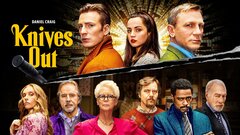
Knives OutStream
Actor
Richard Drysdale
Movie
2019

Today 3rd Hour
Guest
Show
2018

LA to VegasStream
Guest Star
Jack Silver
Series
2018

Book ClubStream
Actor
Arthur
Movie
2018
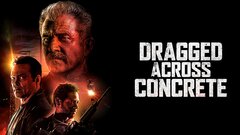
Dragged Across ConcreteStream
Actor
Chief Lt. Calvert
Movie
2018

Sick Note
Actor
Kenny West
Series
2017

Wrestling: WWE SmackDown!
Actor
Det. James
Show
2017
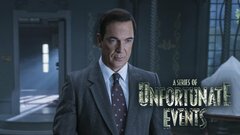
Lemony Snicket's A Series of Unfortunate EventsStream
Actor
Sir
Series
2017

Vengeance: A Love Story
Actor
Jay Kirkpatrick
Movie
2017

Brawl in Cell Block 99
Actor
Warden Tuggs
Movie
2017

Sori: Voice From the Heart
Actor
Carl Peterson
Movie
2016
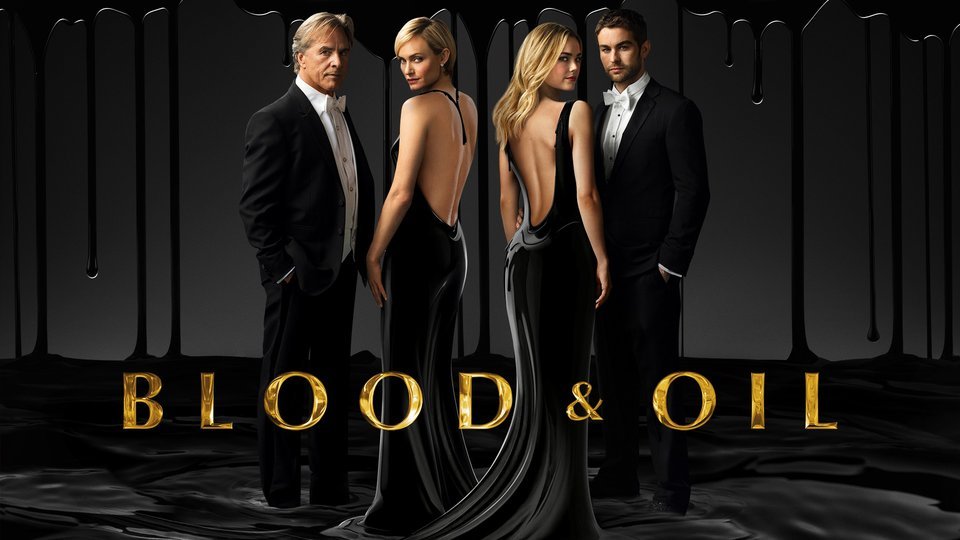
Blood & OilStream
Actor
Hap Briggs
Series
2015

Blood & OilStream
Executive Producer
Series
2015

The Late Late Show With James Corden
Guest
Talk
2015
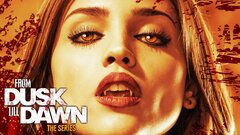
From Dusk Till Dawn: The SeriesStream
Actor
Earl McGraw
Series
2014

From Dusk Till Dawn: The SeriesStream
Guest Star
Sheriff Earl McGraw
Series
2014

Late Night With Seth MeyersStream
Guest
Talk
2014

The Other WomanStream
Actor
Frank
Movie
2014
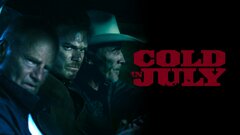
Cold in JulyStream
Actor
Jim Bob Luke
Movie
2014

Alex of Venice
Actor
Roger
Movie
2014

Django Unchained
Guest Star
Show
2012

Live! With Kelly and Michael
Guest
Talk
2012
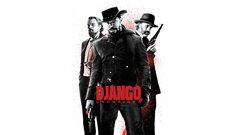
Django UnchainedStream
Actor
Big Daddy
Movie
2012

Dish NationStream
Guest
Talk
2011

Bucky Larson: Born to Be a Star
Actor
Miles Deep
Movie
2011

A Good Old Fashioned Orgy
Actor
Jerry Keppler
Movie
2011

ConanStream
Guest
Talk
2010

The Talk
Guest
Talk
2010
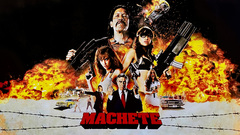
MacheteStream
Actor
Von
Movie
2010

Glenn Martin, DDS
Guest Voice
Grandpa Whitey
Show
2009

Watch What Happens Live With Andy CohenStream
Guest
Talk
2009
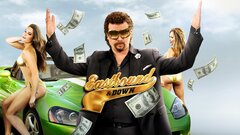
Eastbound & DownStream
Guest Star
Eduardo Sanchez
Series
2009

Lange flate ballær 2
Actor
Admiral Burnett
Movie
2008

Torno a vivere da solo
Actor
Nico
Movie
2008

The Graham Norton ShowStream
Guest
Talk
2007

Moondance AlexanderStream
Actor
Dante
Movie
2007
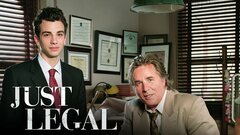
Just Legal
Actor
Grant Cooper
Series
2005

Entertainment Tonight Canada
Guest
Show
2005
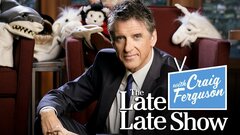
The Late Late Show With Craig Ferguson
Guest
Talk
2005

The Ellen DeGeneres Show
Guest
Talk
2003
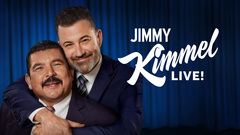
Jimmy Kimmel Live!Stream
Guest
Talk
2003

Word of Honor
Actor
Benjamin Tyson
Movie
2003

Goodbye Lover
Actor
Ben Dunmore
Movie
1998

The View
Guest
Talk
1997

Nash BridgesStream
Actor
Insp. Nash Bridges
Series
1996

Nash BridgesStream
Executive Producer
Series
1996

Tin Cup
Actor
David Simms
Movie
1996

The Horatio Alger Awards
Executive Producer
Show
1995
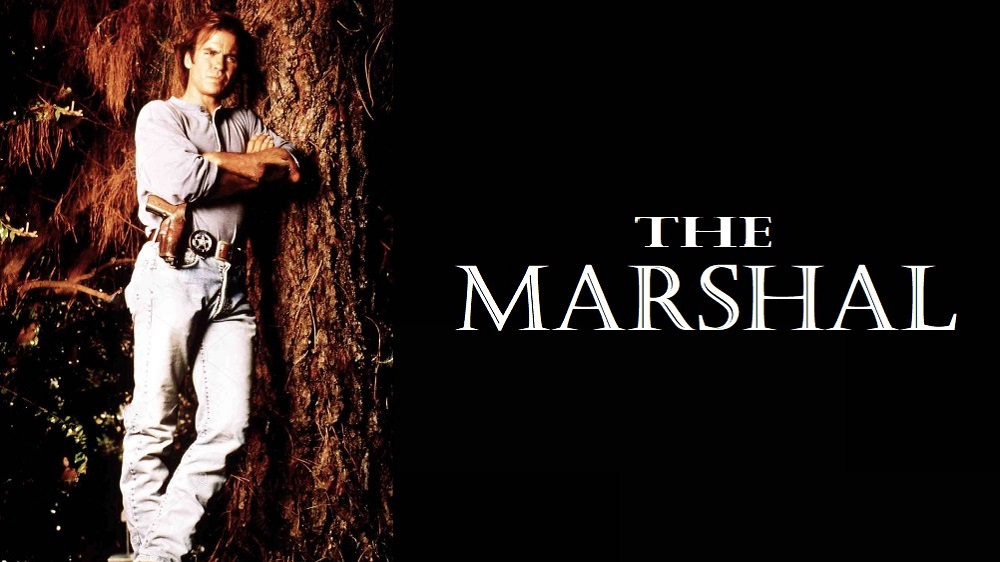
The Marshal
Executive Producer
Series
1995

In Pursuit of Honor
Actor
Sgt. John Libbey
Movie
1995

L'Honneur de la cavalerie
Actor
Movie
1995

Extra
Guest
News
1994

Born Yesterday
Actor
Paul Verrall
Movie
1993

Guilty as Sin
Actor
David Edgar Greenhill
Movie
1993
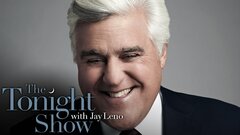
The Tonight Show With Jay Leno
Guest
Talk
1992

Clive James
Self
Show
1991
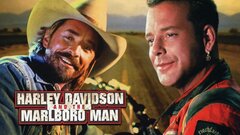
Harley Davidson and the Marlboro ManStream
Actor
Marlboro
Movie
1991

Paradise
Actor
Ben Reed
Movie
1991

The Hot Spot
Actor
Harry Madox
Movie
1990
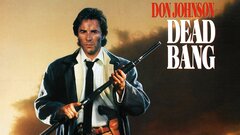
Dead BangStream
Actor
Jerry Beck
Movie
1989

Poursuite
Actor
Movie
1989

Sweet Hearts Dance
Actor
Wiley Boon
Movie
1988

G.I. Joe: The Movie
Voice
Lt. Falcon
Movie
1987

Don Johnson: Heartbeat
Music Performer
Show
1986

The Long Hot Summer
Actor
Show
1985

Cease Fire
Actor
Tim Murphy
Movie
1985
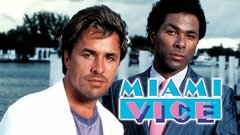
Miami ViceStream
Actor
Det. James"Sonny" Crockett
Series
1984

Miami ViceStream
Director
Series
1984

Wogan
Guest
Show
1984

Miami Vice
Actor
Detective James Crockett
Movie
1984

Six Pack
Actor
Brewster Baker
Show
1983

Entertainment Tonight
Guest
News
1981

Swan Lake
Voice
Benno
Movie
1981

The Two Lives of Carol Letner
Actor
Bob Howard
Movie
1981

Soggy Bottom, U.S.A.
Actor
Jacob Gorch
Movie
1981

Elvis and the Beauty Queen
Actor
Elvis Presley
Movie
1981

Revenge of the Stepford Wives
Actor
Officer Andy Brady
Movie
1980

From Here to Eternity: Pearl Harbor
Actor
Jefferson 'Jeff' Davis Prewitt
Movie
1980

From Here to Eternity: Island and Homecoming
Actor
Jefferson 'Jeff' Davis Prewitt
Movie
1980

From Here to Eternity: Crossroads and Secrets
Actor
Jefferson 'Jeff' Davis Prewitt
Movie
1980

From Here to Eternity: Aftermath and Revenge
Actor
Jefferson 'Jeff' Davis Prewitt
Movie
1980
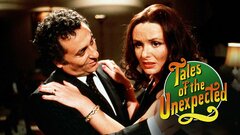
Tales of the UnexpectedStream
Actor
Reeve Baker
Series
1979

The Rebels
Actor
Judson Fletcher
Movie
1979

Ski Lift to Death
Actor
Mike Sloan
Movie
1978

The Two-Five
Actor
Charlie Morgan
Movie
1978

Katie: Portrait of a Centerfold
Actor
Gunther
Movie
1978

Katie
Actor
Movie
1978
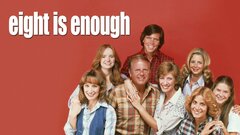
Eight Is EnoughStream
Guest Star
Series
1977

The City
Actor
Sergeant Brian Scott
Movie
1977

Cover Girls
Actor
Johnny Wilson
Movie
1977

The Deputies
Actor
Quirt
Movie
1976

Law of the Land
Actor
Quirt
Movie
1976

Good Morning America
Guest
News
1975

Return to Macon County
Actor
Harley McKay
Movie
1975

Le Retour dangereux
Actor
Movie
1975
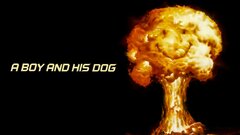
A Boy and His DogStream
Actor
Vic
Movie
1975
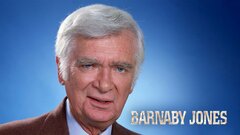
Barnaby JonesStream
Guest Star
Series
1973
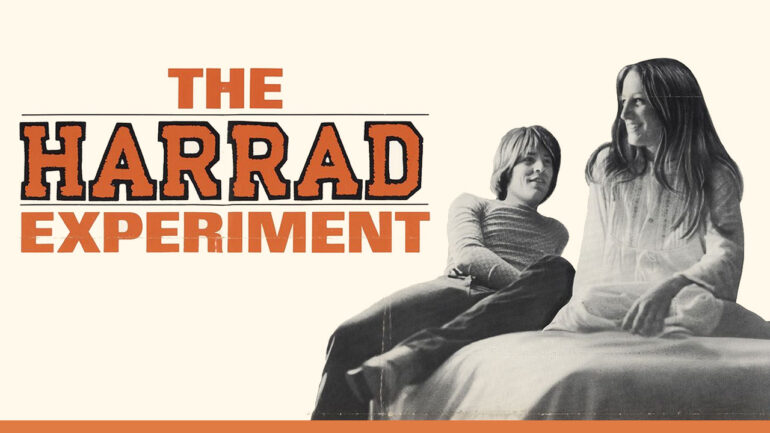
The Harrad ExperimentStream
Actor
Stanley Cole
Movie
1973
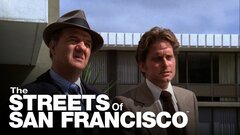
The Streets of San FranciscoStream
Guest Star
Off. Larry Wilson
Series
1972
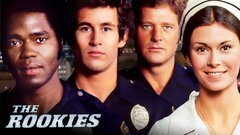
The RookiesStream
Guest Star
Series
1972
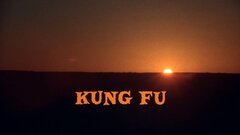
Kung FuStream
Guest Star
Series
1972

Zachariah
Actor
Matthew
Movie
1971

The Magic Garden of Stanley Sweetheart
Actor
Stanley Sweetheart
Movie
1970
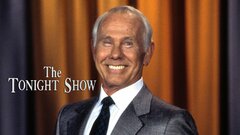
The Tonight Show Starring Johnny CarsonStream
Guest
Talk
1962
News aboutDon Johnson
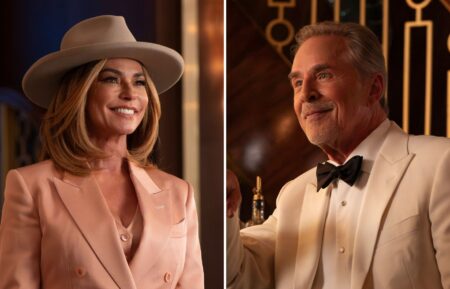
‘Doctor Odyssey’ Sneak Peek: Shania Twain Returns for Another ‘Sexy Port Tryst’ With Captain Massey
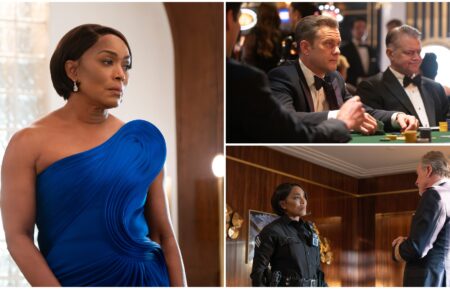
Preview
‘9-1-1’ & ‘Doctor Odyssey’ Crossover Photos Revealed

Preview
Angela Bassett, Don Johnson & Joshua Jackson Tease ‘9-1-1’ & ‘Doctor Odyssey’ Crossover: ‘A Cat-and-Mouse Game’ (VIDEO)
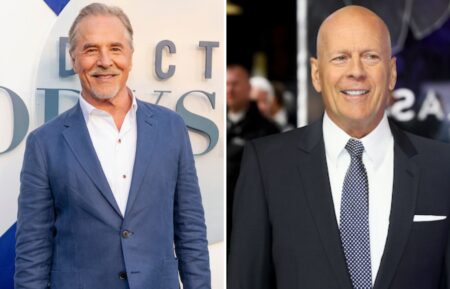
Don Johnson Gives Update on Pal Bruce Willis & Recalls When He First Knew the Actor Was ‘Special’
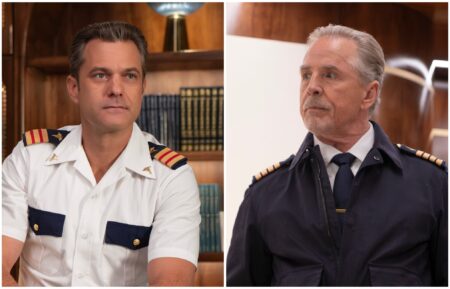
Preview
‘Doctor Odyssey’ Stars Joshua Jackson & Don Johnson Tease ‘Thrilling’ Return
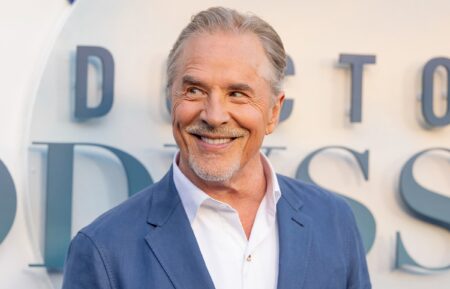
Don Johnson Talks What’s Next on ‘Doctor Odyssey’ & ‘Miami Vice’ Memories
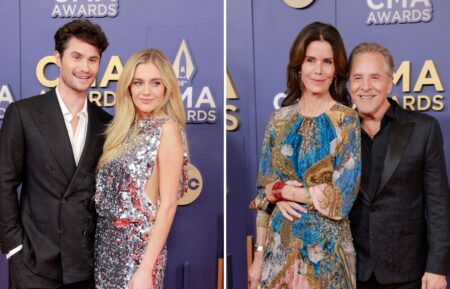
Celebrity Couples at 2024 CMAs: Chase Stokes & Kelsea Ballerini and More
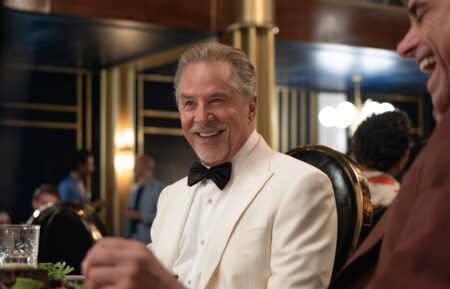
Spoiler Alert
‘Doctor Odyssey’: Don Johnson on the Show’s Throuple, That Fan Theory & Finally Working With John Stamos
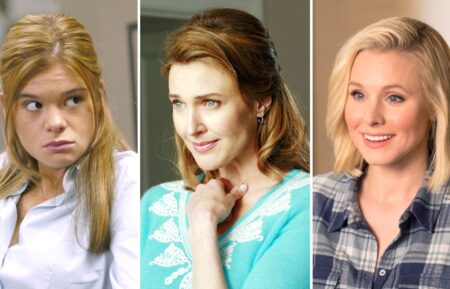
TV Show With Main Characters Who Die in the Series Premiere
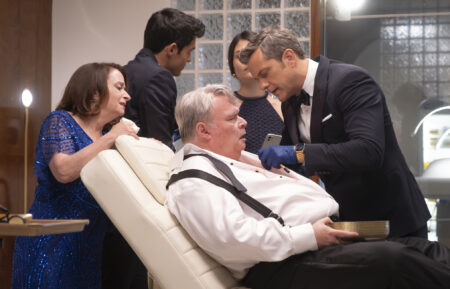
Spoiler Alert
Is There a Major COVID Twist Coming in ‘Doctor Odyssey’?
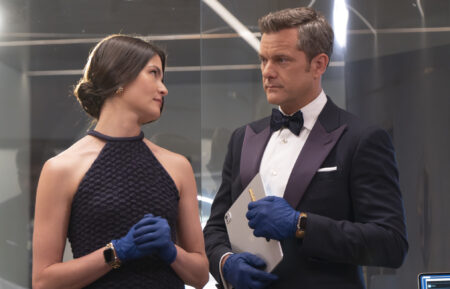
‘Doctor Odyssey’ Sets Sail Tonight: Everything You Need to Know About New Medical Drama
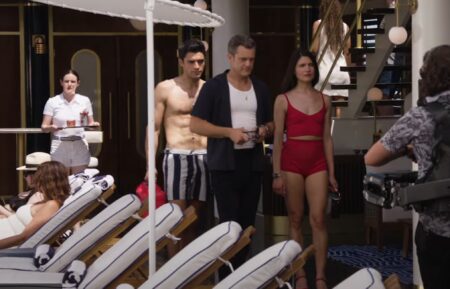
Exclusive
Joshua Jackson & ‘Doctor Odyssey’ Cast Give Sneak Peek of Making of ABC Series (VIDEO)
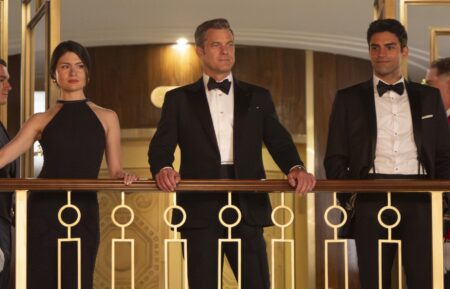
Fall Preview
‘Doctor Odyssey’: Meet the Crew of Ryan Murphy’s ABC Medical Drama

Fall Preview
Ryan Murphy Is Making Waves
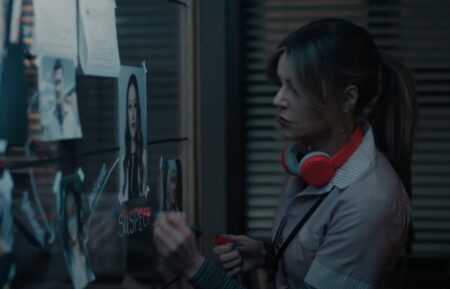
Fall Preview
ABC’s Fall 2024 New Show Trailers: Joshua Jackson and Don Johnson’s ‘Doctor Odyssey’ & Kaitlin Olson in ‘High Potential’
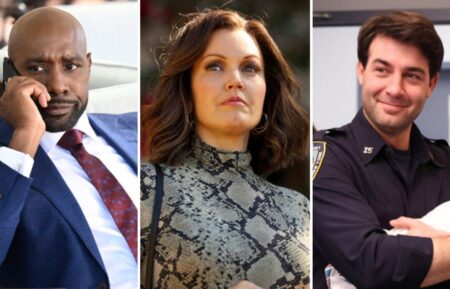
10 Now-Unemployed TV Actors We Need Back on Screen Pronto
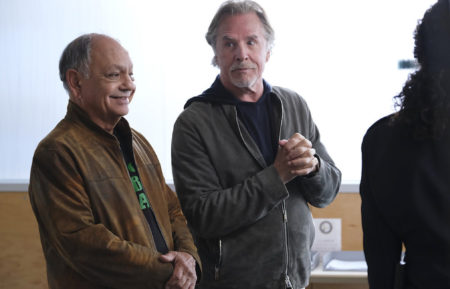
Preview
‘Nash Bridges’: Don Johnson & Cheech Marin on Revisiting San Fran’s Coolest Cop Partners
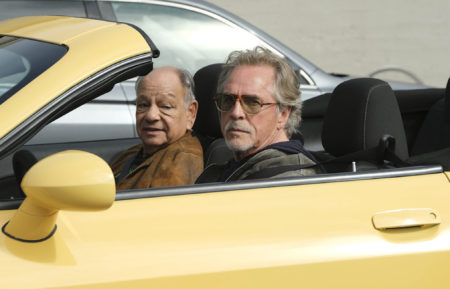
‘Nash Bridges’ Movie: Don Johnson & Cheech Marin Are Back in Action in Teaser (VIDEO)
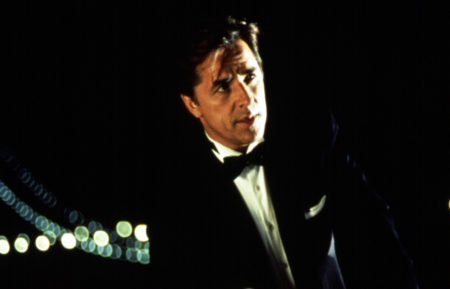
‘Nash Bridges’ Turns 25: See Where the Cast Is Now, From Don Johnson to Cheech Marin
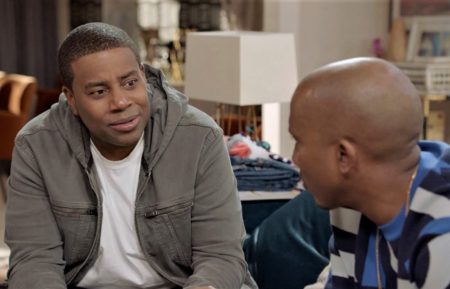
Exclusive
‘Kenan’ Sneak Peek: Kenan Considers Getting Back in the Dating Game (VIDEO)
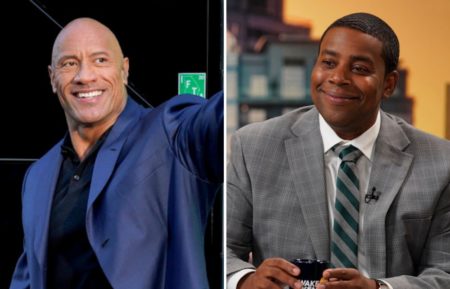
Review
Roush Review: ‘Young Rock’s Wonder Years and ‘Kenan’s Feel-Good Family
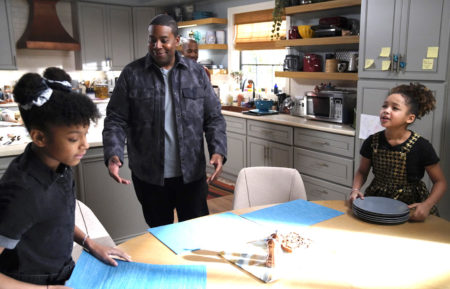
Q&A
Kenan Thompson on the ‘Long Road’ to His NBC Comedy & Playing a Widower
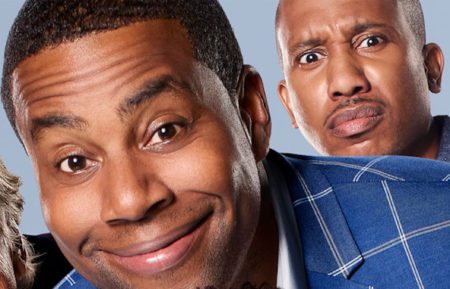
Exclusive
It Takes 3 Men to Raise 2 Kids on New NBC Comedy ‘Kenan’ (PHOTO)
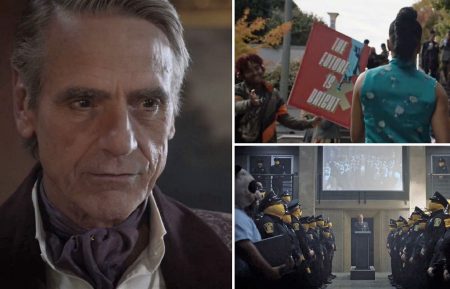
Spoiler Alert
14 ‘Watchmen’ Premiere Moments Just for Fans of the Comic (PHOTOS)
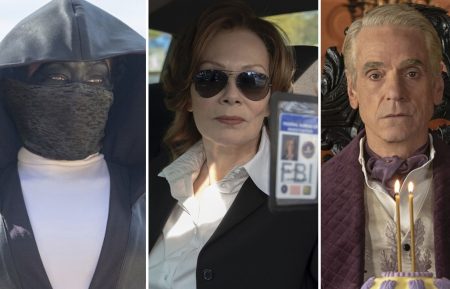
8 Things to Know About ‘Watchmen’ Before the Series Premiere (PHOTOS)
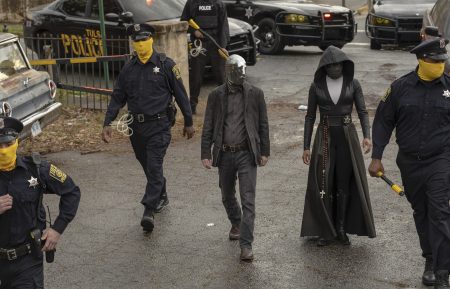
‘Watchmen’ Sneak Peek: Meet Some Fresh and Familiar Faces (PHOTOS)
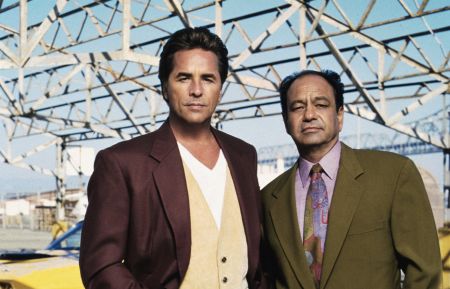
‘Nash Bridges’ Revival in the Works: Where Is the Original Cast Now? (PHOTOS)
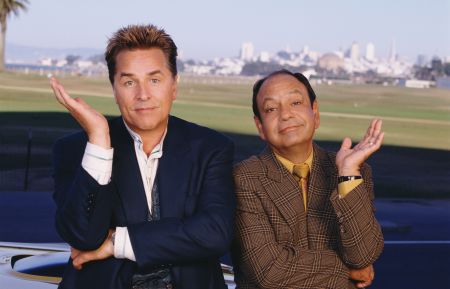
‘Nash Bridges’ Producers & Writers Reunite to Recall the Beloved Don Johnson Series
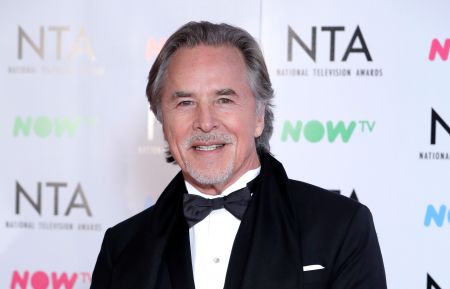
Don Johnson to Star in Fox Comedy Pilot
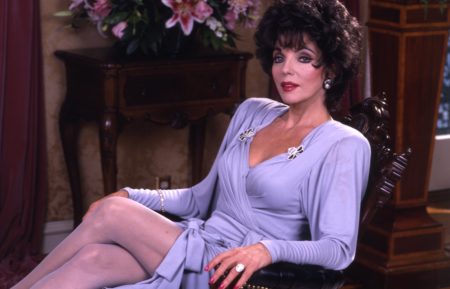
The 5 TV Shows of the ‘80s That Rewrote the Rules of Fashion
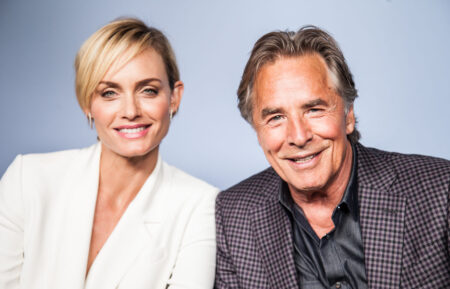
Don Johnson: ‘Blood & Oil’ Will ‘Display the Seven Deadly Sins’ (VIDEO)
